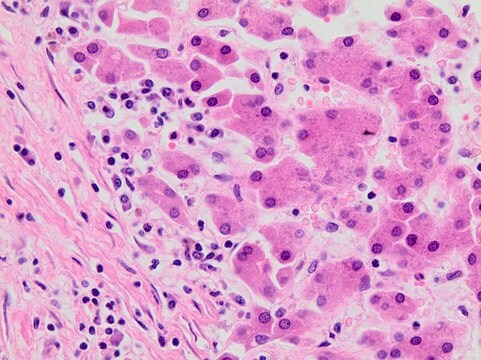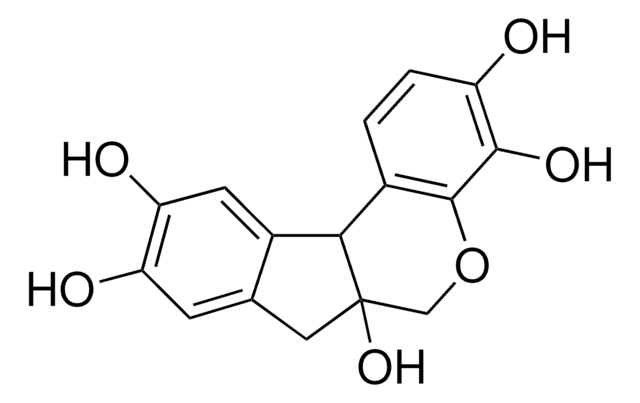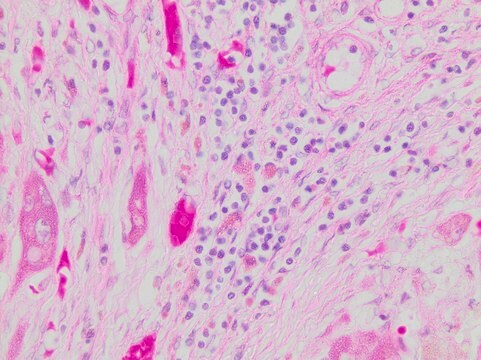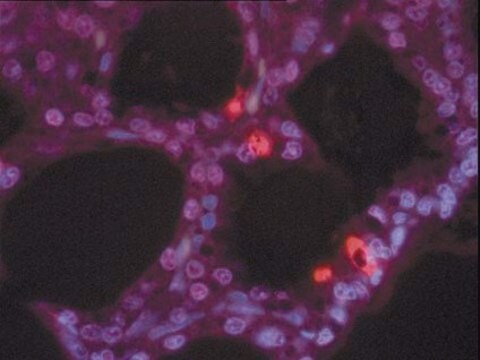S8015
SSC Buffer
for Northern and Southern blotting, powder blend
About This Item
Recommended Products
grade
for molecular biology
form
powder blend
pH
6.9-7.1 (20-25 °C, 20 ×)
foreign activity
DNAse, none detected
Endonuclease, none detected
Exonuclease, none detected
NICKase, none detected
RNAse, none detected
storage temp.
room temp
General description
Application
Features and Benefits
- Easy to reconstitute powder
- Multi-purpose use in hybridizations
Components
related product
Storage Class Code
13 - Non Combustible Solids
WGK
WGK 1
Flash Point(F)
Not applicable
Flash Point(C)
Not applicable
Certificates of Analysis (COA)
Search for Certificates of Analysis (COA) by entering the products Lot/Batch Number. Lot and Batch Numbers can be found on a product’s label following the words ‘Lot’ or ‘Batch’.
Already Own This Product?
Find documentation for the products that you have recently purchased in the Document Library.
Customers Also Viewed
Protocols
In Situ Hybridization of Whole-Mount Mouse Embryos with RNA Probes: Hybridization, Washes, and Histochemistry. This is a protocol describing how to perform in situ hybridization on whole mouse embryos. Here we describe the hybridization procedure, and the localization of the DIG-labeled RNA using a conjugate of anti-DIG Fab antibody and calf intestinal alkaline phosphatase. Enzyme activity of the reporter is detected by a color reaction, resulting in the formation of a water-insoluble purple/blue precipitate. Manipulating the Mouse Embryo - Third Edition
An introduction to both Northern and Southern blotting, popular methods for the transfer of macromolecules to membranous support. This article also offers a Southern blot protocol and a northern blot protocol.
Our team of scientists has experience in all areas of research including Life Science, Material Science, Chemical Synthesis, Chromatography, Analytical and many others.
Contact Technical Service











